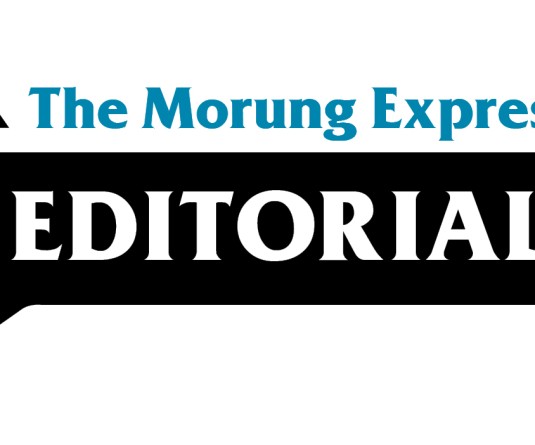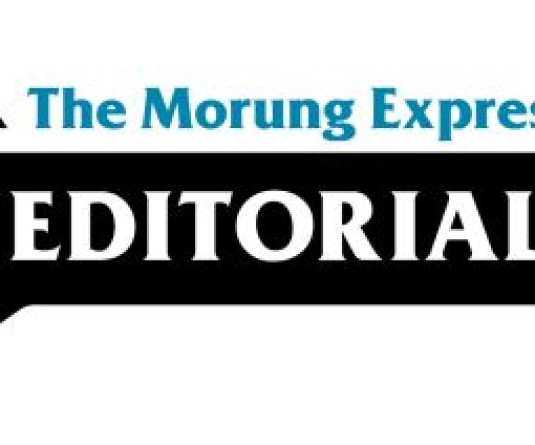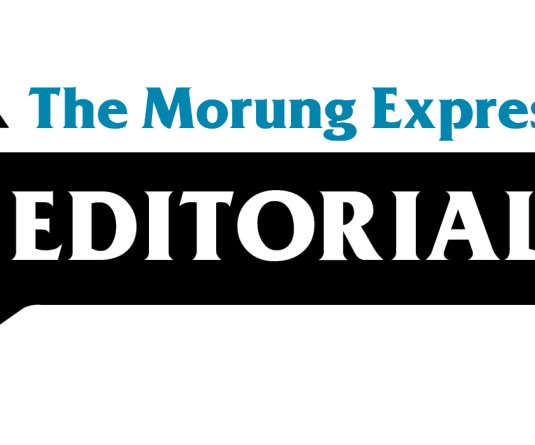
At the end of the year, we usually write piecemeal columns about the year: updates, reviews, highlight various events that form an important part of this exercise. Which are the most striking events that need analysis, which have de-centred world opinion, which natural calamity has claimed the most lives? These news updates are surprisingly very popular on most TV channels; and they have their own yardstick by which such events are measured in terms of most efficacious or least efficacious.
Political pundits mull over the year’s decisions and the repercussions they generated; lifestyle gurus advise us on the latest diet tricks that could make 2006 an exciting yet expensive road to detoxification. Religious leaders warn us of the impending secularism and extreme fanaticism of our beliefs; economists applaud with cautious optimism the widespread reaches of the global market; campaigns ask the richer nations to give more to the poorer ones and bring about a fair and equal playing field; and human rights activists deplore the abuse of power to torture people in the pretence of some national goal.
Celebrity watchdogs highlight the embarrassing and popular razzmatazz that ranges from those in the film industry, music industry, to those on the fringes of television, and theatre; book reviews, sport, medical breakthroughs, fashion—the list is innumerable. The ritual is played over and over again, yearly, as we cozy up beside the Telly, drinking tea and remembering the events as they unfolded—where was I, what was I doing, what was my reaction? With some fuzzy feeling we look at each other and acknowledge it—whether it made us happy or sad—and realise that we learn from past events and it is time to look to the future. Such is the idiom of the New Year—to look ahead, to the future.
The immediacy of time often promotes procrastination with a feeling that all is possible in the New Year. The future—‘out there’—has some way of enveloping us in vivacious optimism; promises and resolutions are common. Eventually, we realise as we speed down through the first few weeks, our promises seem empty, our energy decapitated by the first temptation. Lethargy is visible in our rear view mirrors, knowing that objects in that mirror appear closer than they seem. Just like that the entire shebang dissipates our convictions—the rest, as they say, is all idealism.
Yet idealism is its own monster. Idealism without a sense of realism is dogged by a social dogma that becomes it’s own inquisitor—and the blatant abuse of power gives rise to the often rapid decline into something susceptible and culpable. The standards then no longer matter because what is questionable by morality is justified by the use of power. Power relation in its minute representation is everywhere, just as the Morpheus in the Matrix, says, ‘Neo, the Matrix is all around us’. So is power.
What makes absolute power wanton? What makes us conscious of our future? How do we make our choices matter? How do we fashion our own future? Far from answering these questions, the matter of debate should imply the extent of our own powers to determine our future. Is it time to dispense with the ideological pretence of power relation and embrace a transforming strength? The New Year gives an opportunity to embrace this strength where we will determine our own future, whether this is with broken convictions or optimism. That is the choice we have.






